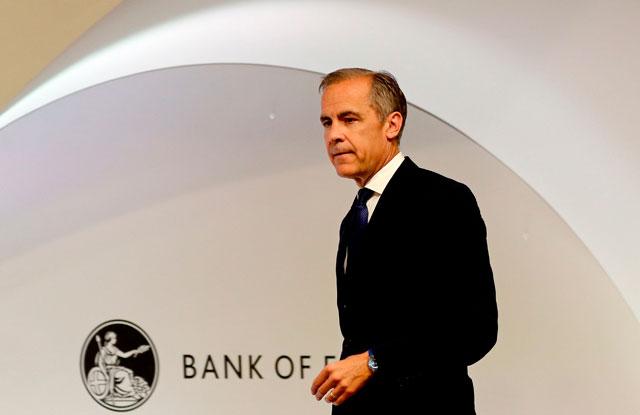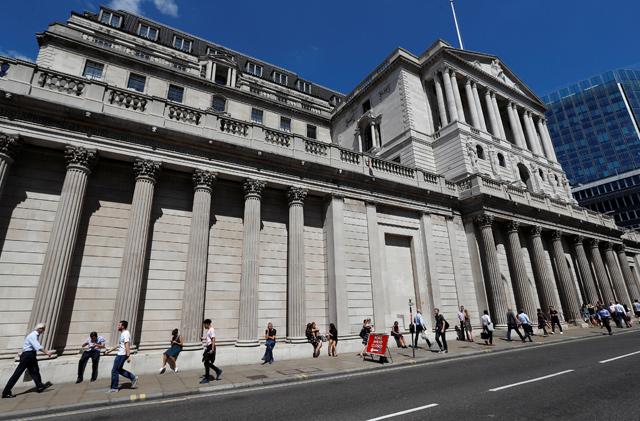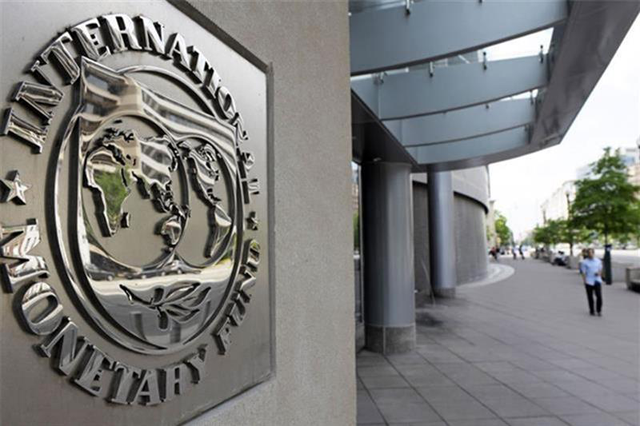You are here
Bank of England holds rate, cuts growth forecast
By AFP - May 10,2018 - Last updated at May 10,2018

Bank of England governor, Mark Carney, attends the central bank’s quarterly Inflation report press conference in London on Thursday (AFP photo)
LONDON — The Bank of England (BoE) on Thursday left its key interest rate at 0.50 per cent as it slashed the growth forecast for the British economy less than one year before Brexit.
The decision met expectations following a raft of gloomy economic data pointing to slowing growth and weaker inflation, as Britain readies for its exit from the European Union in March 2019.
“For the majority of [BoE] members, an increase in bank rate was not required at this meeting,” read minutes from the meeting of the bank’s nine-strong monetary policy committee (MPC).
“All members agree that any future increases in bank rate are likely to be at a gradual pace and to a limited extent.”
Freezing weather
The bank cut its forecast for growth in the British economy to 1.4 per cent this year from 1.8 per cent, after freezing weather at the start of the year impacted many sectors.
Nevertheless, BoE governor Mark Carney expressed optimism over the “resilient” economy.
The “underlying pace of growth remains more resilient than the headline data suggests”, Carney said in a press conference following the decision.
The BoE, meanwhile, kept its 2019 and 2020 growth projections broadly unchanged.
Economist Chris Williamson, at consultancy IHS Markit, said the fact that the bank retained its medium term outlook “leaves expectations alive for rates to rise later in the year”.
Only a few weeks ago, economists were predicting a hike in borrowing costs to 0.75 per cent this month but recent gloomy data changed the outlook.
Official figures have since shown that the economy grew at its slowest pace in more than five years in the first quarter of 2018.
“Weaker than expected GDP for the first quarter and falling inflation made it impossible for the MPC to justify a hike in interest rates,” said analyst Jacob Deppe at trading platform Infinox.
“To have hiked bank rate would have contradicted all economic logic.”
Gross domestic product expanded by just 0.1 per cent in the three months to March. That was the weakest growth rate since 2012.
‘Appropriate’
The bank added on Thursday that policymakers still believed that a rate hike would be “appropriate” at some point to bring inflation under control.
Recent data also showed UK inflation unexpectedly slowed in March to 2.5 per cent — the lowest level in a year.
However, it remains stubbornly above the BoE’s government-set target level of 2 per cent.
“An ongoing tightening of monetary policy over the forecast period would be appropriate to return inflation sustainably to its target at a conventional horizon,” the minutes added.
UK inflation had jumped last year after Britain voted to leave the European Union in 2016.
The Brexit referendum pushed down the pound, in turn hiking the cost of imported goods. But sterling has since recovered somewhat.
The BoE added on Thursday that sluggish economic activity was enough to convince the majority of MPC members to maintain the status quo.
Related Articles
LONDON — The Bank of England (BoE) appears set on Thursday to hike interest rates to combat high inflation, as it eyes fallout from both Bre
LONDON — London has ramped up its foreign exchange reserves in a move described by British media on Monday as a war chest against market cha
LONDON — The International Monetary Fund (IMF) on Tuesday said the Bank of England (BoE) should be mindful over when to start cutting intere


















